The present work addresses itself to one of the most hotly debated issues in contemporary ethics-relativism. Relativism has become a formidable argument in Western socio-moral thought under the impact of postmodern writings. The author presents a detailed critique of various relativist and postmodernist theses, without rejecting some of their empirically justified observations. She underscores the fact that the intercultural communication which has been going on since time immemorial puts a question mark to the postmodernist theories of indeterminacy of translation, incommensurability of various conceptual frameworks etc. The author supports congnitivism in ethics according to which the moral properties of the object of moral judgement do in some way determine or ‘cause’ that judgement. This view is not to be confused with any realist ontological commitment. She asserts that universalizability is the necessary condition for all rational judgements, including the moral ones. The author also discusses the relationship between self and other; and in this context she draws upon the insights of ancient Indian thinkers. She proposes that minimum moral principles and maxims can be agreed upon through reasoning and intercultural discourse.
Ethical Relativism and Universalism
In stock
Free & Quick Delivery Worldwide
reviews
Bibliographic information
Title
Ethical Relativism and Universalism
Author
Publisher
ISBN
8120818202
Length
Xiv+385p., Notes; Bibliography; Index.
Subjects

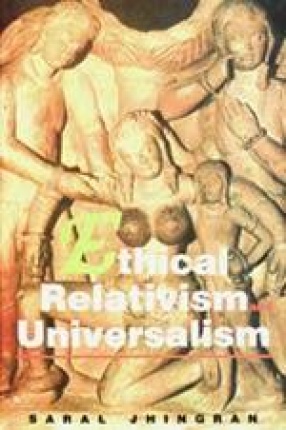
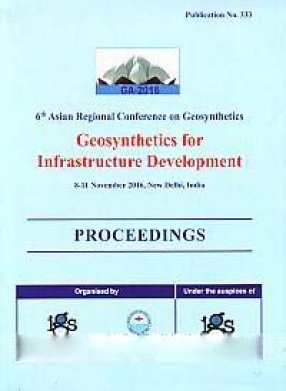
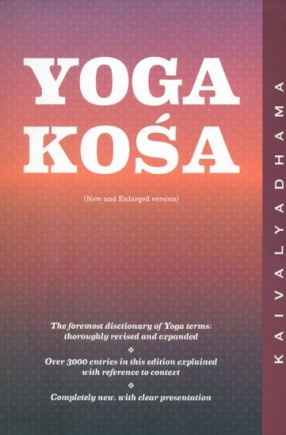


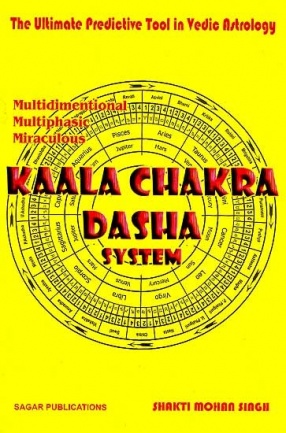
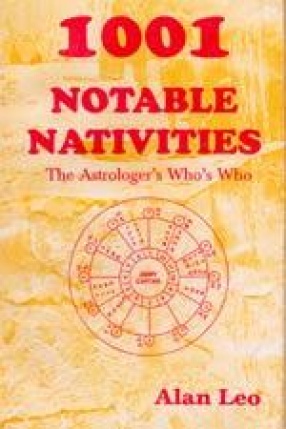
There are no reviews yet.